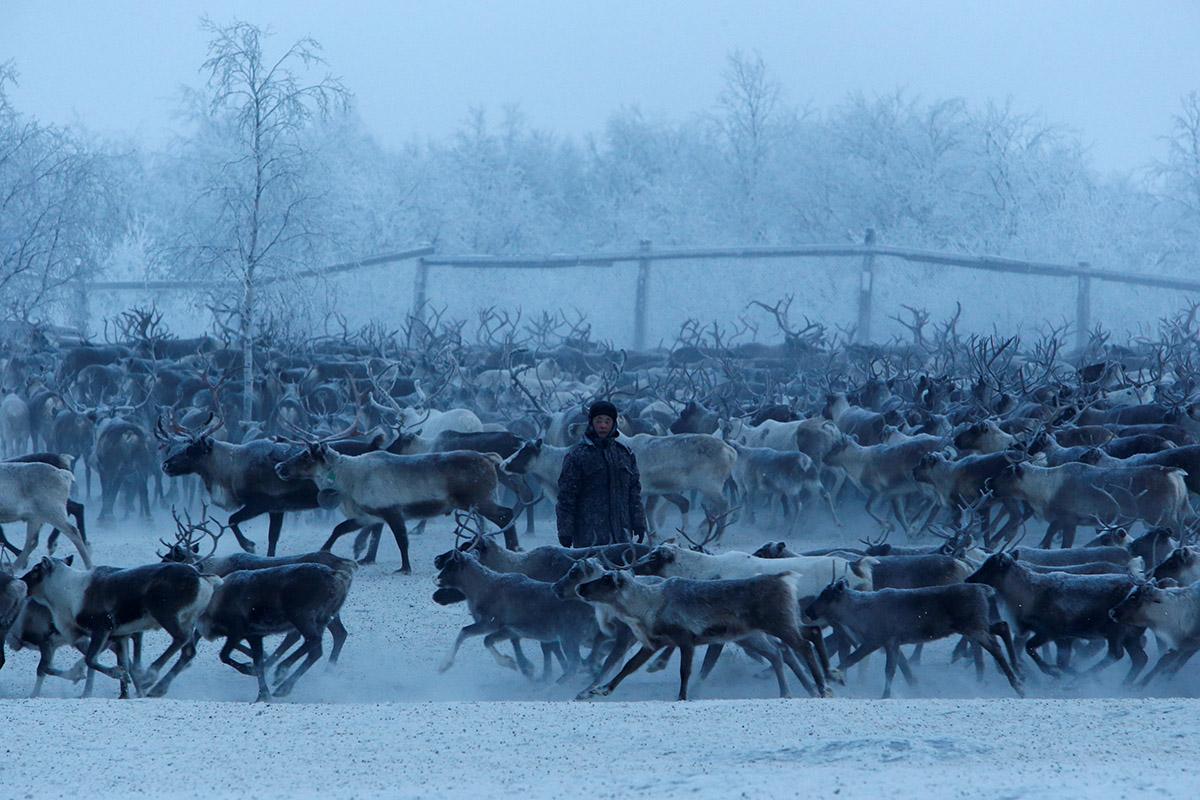Climate Change has altered our body size, study suggests
Colder climates were linked to larger bodies, while warmer climates were linked to smaller bodies, researchers found.

Your support helps us to tell the story
From reproductive rights to climate change to Big Tech, The Independent is on the ground when the story is developing. Whether it's investigating the financials of Elon Musk's pro-Trump PAC or producing our latest documentary, 'The A Word', which shines a light on the American women fighting for reproductive rights, we know how important it is to parse out the facts from the messaging.
At such a critical moment in US history, we need reporters on the ground. Your donation allows us to keep sending journalists to speak to both sides of the story.
The Independent is trusted by Americans across the entire political spectrum. And unlike many other quality news outlets, we choose not to lock Americans out of our reporting and analysis with paywalls. We believe quality journalism should be available to everyone, paid for by those who can afford it.
Your support makes all the difference.Climate change has been a key driver in determining body sizes over the past million years, a new study has found.
Researchers from the Universities of Cambridge and Tübingen studied the body and brain size from 300 fossils from the genus Homo — the taxonomic category that modern-day humans, Homo sapiens, belong to — found across the globe.
By combining this data with a reconstruction of the world's regional climates over the last million years, they were able to determine the temperatures past members of the Homo genus would have experienced while they were alive.
Researchers found that climate, and in particular temperature, appeared to be the primary driver of changes in body size over the past million years, with colder and harsher climates linked to larger bodies, while warmer climates appeared to be linked to smaller bodies.
We can see from people living today that those in warmer climates tend to be smaller, and those living in colder climates tend to be bigger, said Prof Andrea Manica, a researcher in the University of Cambridge's Department of Zoology, in the study, which was published in Nature Communications.
Prof Manica said the same climatic influences have been at work for the last million years.
Our species, Homo sapiens, emerged around 300,000 years ago in Africa, but the Homo genus has been around for much longer.
The researchers also looked at the effect of environmental factors on brain size but were unable to draw firm conclusions.
They said that compared to earlier species in the Homo genus, such as Homo habilis, Homo sapiens are 50 per cent heavier and our brains are three times larger. However, the reasons around why that is are still up for debate.
Brain size tended to be larger when Homo lived in habitats with less vegetation and in more ecologically stable areas, researchers found.
By combining archaeological data, the results showed that hunter-gatherers performed complex task which potentially contributed to their larger brains.
The environment has a much greater influence on our body size than our brain size, said Dr Manuel Will at the University of Tübingen, Germany.
Researchers also found that non-environmental factors were at play in determining larger brains, other than climate. These were cognitive challenges, diverse diets, and sophisticated technology.
Still, the researchers said body and brain size continue to evolve. The human physique is still adapting to different temperatures. Meanwhile, human brain size is understood to be shrinking since the beginning of the Holocene, around 11,650 years ago.
The study also warned that the increasing dependence on technology, including outsourcing of complex tasks to computers, may cause brains to shrink even more over the next few thousand years.
"It's fun to speculate about what will happen to body and brain sizes in the future, but we should be careful not to extrapolate too much based on the last million years because so many factors can change," said Prof Manica.
Join our commenting forum
Join thought-provoking conversations, follow other Independent readers and see their replies
Comments